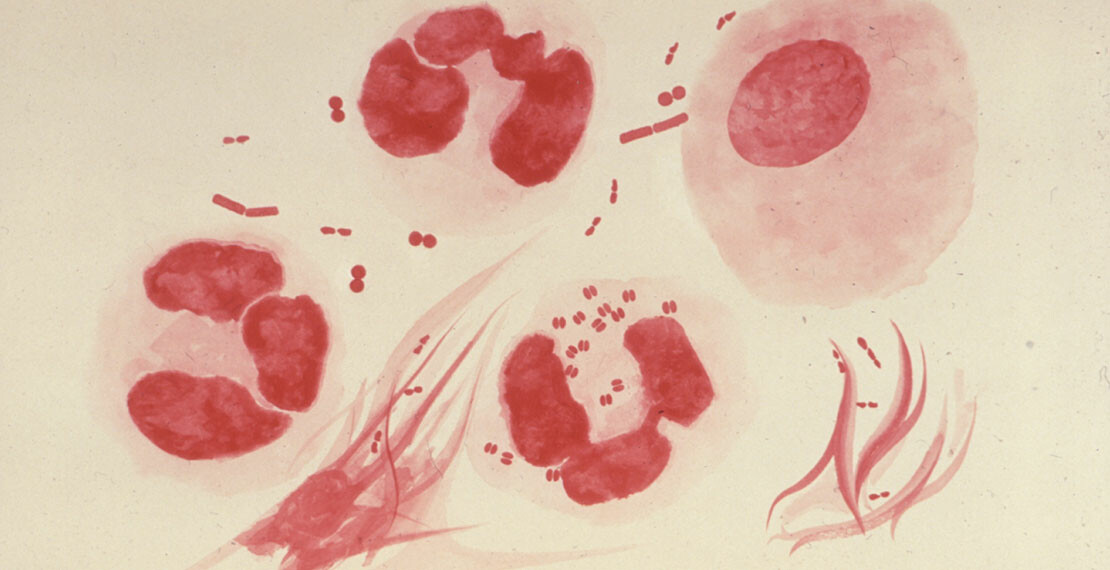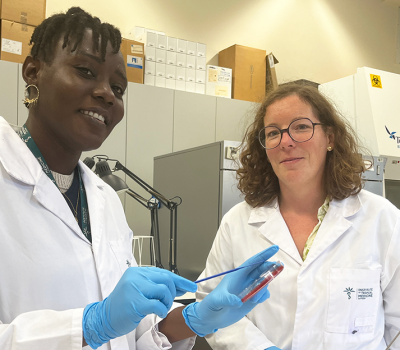Antibiotic-resistant gonorrhea on the rise

The World Health Organization (WHO) warns that a growing number of infections are becoming harder to treat as the antibiotics used to treat them become less effective. Neisseria gonorrhoeae causes gonorrhea and is one of 12 antibiotic-resistant families of bacteria that pose the greatest threat to human health.
WHO publishes two papers on antibiotic-resistant gonorrhea in PLOS Medicine, as experts meet in Rio de Janeiro (Brazil) for the STI & HIV World Congress.
Gonorrhea is transmitted during sex (including oral sex) without a condom and can lead to serious complications, such as infertility in women and men. The cases reported in Belgium (more than 1500 in 2016; compared to just over 900 in 2011) and the rest of Europe are probably just the tip of the iceberg. In many developing countries the health systems are ill-prepared to diagnose and report the infection. The WHO collected data in 77 countries.
Prof. Chris Kenyon leads ITM’s Unit of Sexually Transmitted Infections. He warns of the risks of the gonorrhea bacteria adapting to each new type of antibiotics developed to fight the disease: "Through sexual contact the resistant strains spread quickly across the world. People travel abroad and have sex there. Gonorrhea is also spread through oral sex and most people don’t use condoms during oral sex."
Antibiotic resistance is one of ITM’s most important research priorities. The Institute tackles antibiotic resistance in a multidisciplinary approach focusing on diagnostics, treatment and human behaviour.
Link
Spread the word! Share this story on









